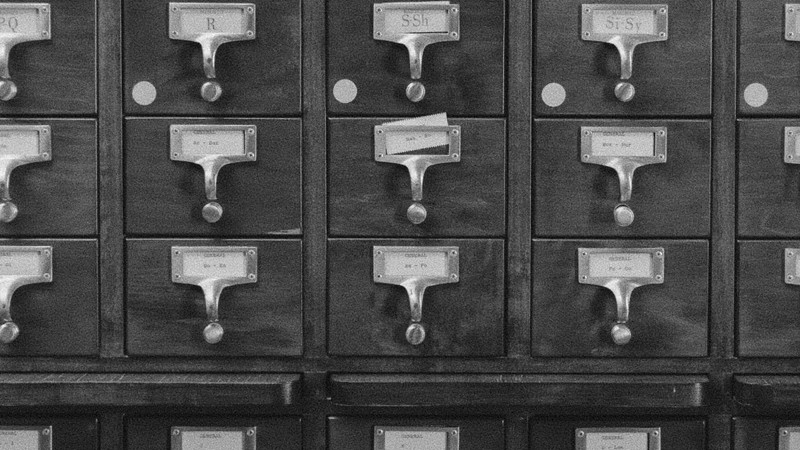How to Use the FormData Object

The JavaScript FormData interface gives us a way to create an object of key-value pairs representing form fields and their values.
It uses the same format a form would use if the encoding type were set to “multipart/form-data". This makes it easy to format form data before sending it along with a fetch or XMLHTTPRequest.
What is the FormData object?
In order to fully understand the FormData object, we need to know what it is. The FormData interface is a native browser interface supported in all major browsers.
This interface was created in order to allow developers easier access to the content of form fields and their values. This helps prepare the content for submission to an API or helps perform validation on said fields.
How to create a FormData Object?
A FormData object can be created with the FormData constructor.
// To initialize an empty object
const formData = new FormData();
// To initialize an object based on a form
const form = document.getElementById("newsletter-form");
const formData = new FormData(form);
How to access the data in a FormData object?
The FormData object allows us to retrieve values directly through the get() method. You can also append or delete values through the respective methods. You can also set a new value for a key with the set() method.
Finally, you can also loop through the key-value pairs either through looping over the formDate.entries() or by using a for…of loop.
const newsletterForm = document.getElementById("newsletter-form");
newsletterForm.addEventListener("submit", () => {
const formData = new FormData(newsletterForm);
const name = formData.get("name");
// Append timestamp
formData.append("timestamp", Date.now().toString());
// Delete timestamp
formData.delete("timestamp");
// Set name
formData.set("name", "John Doe");
// Loop through formData
for (const [key, value] of formData) {
console.log(key, value);
}
});
How to create URL query params based on the FormData?
If you want to convert the FormData into a set of query params this is very simple to do. You can pass the FormData object directly into the URLSearchParams.
const searchParams = new URLSearchParams(formData);
const queryString = searchParams.toString();
How to Post FormData With The Fetch API
A FormData object can easily be used with the Fetch API. You can simply pass the object as the body of the request.
const newsletterForm = document.getElementById("newsletter-form");
newsletterForm.addEventListener("submit", () => {
const formData = new FormData(newsletterForm);
fetch("/some/api/endpoint", {
method: "post",
body: formData,
})
.then((response) => response.json())
.then((result) => {
console.log("Success:", result);
})
.catch((error) => {
console.error("Error:", error);
});
});
How to Use The FormData Event
Whenever a FormData object is created for a form, an event is dispatched against the form. We can listen to this event and bind some logic to it, for example submitting the FormData to an API endpoint.
In the example below we create a FormData object when the form is submitted. We listen to the FormData event and submit the data. This gives us the freedom to act upon the creation of the FormData which might not only be on submit.
const newsletterForm = document.getElementById("newsletter-form");
newsletterForm.addEventListener("submit", () => {
new FormData(newsletterForm);
});
newsletterForm.addEventListener("formdata", (event) => {
const formData = event.formData;
fetch("/some/api/endpoint", {
method: "post",
body: formData,
})
.then((response) => response.json())
.then((result) => {
console.log("Success:", result);
})
.catch((error) => {
console.error("Error:", error);
});
});
Additional Resources
Conclusion
The FormData object is incredibly helpful when dealing with form data, fetch requests, and URL parameter handling. With its browser support being green across the board there’s no reason not to take advantage of this API.
Thanks for reading. If you have thoughts on this, be sure to leave a comment.
And if you want, you can connect with me on LinkedIn or Twitter!
TypeScript Cheat Sheet
The essential TypeScript patterns and syntax I use every day, in one reference sheet.

